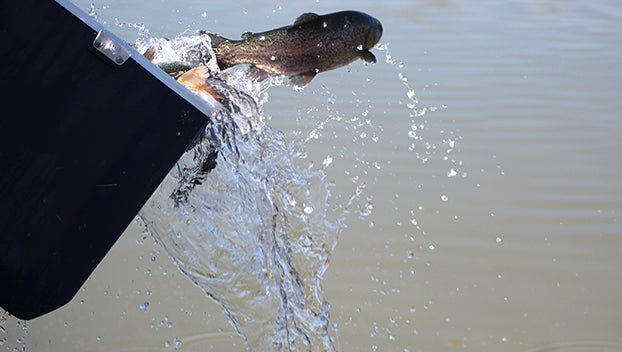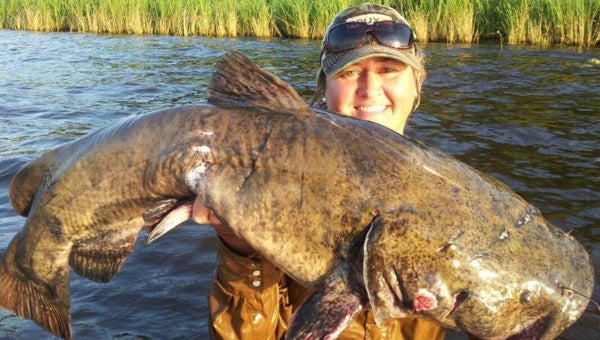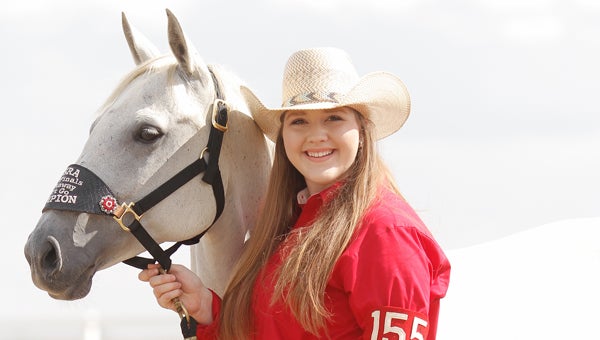Turkey brood down in 2011
Published 12:01 am Sunday, September 4, 2011
NATCHEZ — The late-spring flooding of the Mississippi River and this summer’s severe heat and drought could be the reason Mississippi is seeing a decline in wild turkey reproduction this year, according to a study done by the Mississippi Department of Wildlife, Fisheries and Parks.
Each summer MDWFP conducts a survey of wild turkey reproduction across the state. The “brood survey,” as it is commonly known, enlists countless observers who note all turkeys observed during the months of June, July and August. Biologists use this dataset to measure reproductive success, which gives the MDWFP an objective look at how turkeys are faring.
“Last summer, we had one of the better hatches of the last 10 years, but it looks as if things are down quite a bit this year,” said Dave Godwin, MDWFP Wild Turkey Program Coordinator. “Regionally, the east-central portions of the state are doing well, but we are not seeing the kinds of numbers we would like in other areas.” Godwin indicates that statewide, only 27 percent of hens have been seen with young, and observed broods average 3.9 poults; both figures are down substantially from the summer of 2010.
As expected, the historic late spring flooding of the Mississippi River curtailed the turkey hatch across some portions of the Delta and those lands adjacent to the Mississippi River, but the cause of the decline in other areas is not as straightforward. Weather often plays a critical role in determining the outcome of the reproductive season for wild turkeys, and while weather patterns during the nesting time were favorable, the extreme heat and drought much of the state experienced at the peak of the hatching period could be to blame for this summer’s downturn.
“We often talk about the negative impacts of a cool, wet spring,” Godwin said, “but extremes at the other end of the scale could potentially be just as detrimental.”
Adam Butler, MDWFP Wild Turkey Program biologist, offers additional insight.
“We had an exceptionally good hatch last year, so a large portion of this spring’s population was comprised of yearling hens. Research suggests that yearling hens typically attempt to nest at much lower rates than older birds, and when they do nest, they usually aren’t as successful,” Butler said. “So given that situation, you would expect things to be down a bit this year.”





